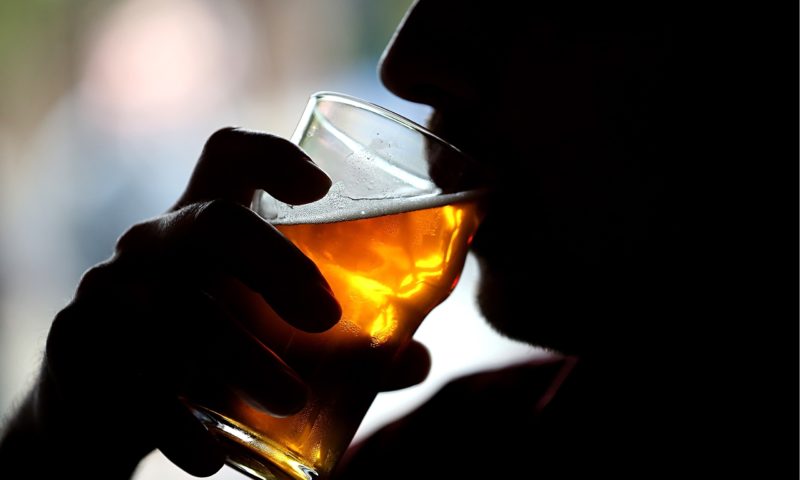News stories involving young adults and DWI charges seem to pop up nearly every day. High profile celebrities and average high school kids often make the front page due to status or shock value. However, this week the news puts elderly drivers in the spotlight. The New York Post reports that an 88-year-old man received DWI charges after driving drunk in midtown. The elderly driver crashed into another vehicle, and then ran into some scaffolding. The occupants of the vehicle that the elderly driver crashed into suffered minor injuries, while the scaffolding had to be braced so that it would not collapse. In addition to the DWI charges, the driver was charged with vehicular assault and reckless driving.
The correlation between alcohol and aging has been a topic of much research. The National Institute for Alcohol Abuse and Alcoholism published its own study highlighting two areas of particular concern: the prevalence of drinking alcohol amongst the elderly population, and the correlation between drinking alcohol and aging. The 1998 report noted that generally there are fewer senior (as defined as over 65-years-old) drinkers than there are younger drinkers. However, the study also commented that limited research showed that elderly drinkers are more sensitive to alcohol than younger drinkers.
The proposition that older drinkers are more sensitive to alcohol than younger drinkers is reaffirmed by the National Institute of Health (NIH). The NIH reports that older people may become more sensitive to the effects of alcohol because older people metabolize alcohol more slowly than younger people. The consequence of this is that alcohol remains in an elderly body longer than it would a younger one. In addition, the NIH notes, elderly people have less water in their bodies, which correlates to a higher percentage of blood alcohol than in younger people. This means that a younger person may have a lower BAC than an older person who has consumed the same amount of alcohol. Ultimately, the NIH finds that aging causes the body to have a lower alcohol tolerance, and elderly drinkers can develop problems with alcohol even if they continue to drink the same amount as they did when they were younger.
The NIH noted one final concern that elderly drinkers should keep in mind: mixing alcohol with certain medications can be a dangerous combination, and may even lead to death. Simple over-the-counter medications, such as cold medicine, can cause drowsiness that can be worsened by consuming alcohol. These side effects are especially important to note if an elderly person intends to operate a vehicle after taking medication and having a drink.
Drinking and driving is always a dangerous risk, and the risk can be multiplied by many factors, such as age. If you have been charged for violating DWI laws in New York, an experienced attorney may be able to assist you. Call the law offices of Nave DWI Defense Attorneys today for a confidential consultation at 1-866-792-7800.
Disclaimer: The exclusive purpose of this article is educational and it is not intended as either legal advice or a general solution to any specific legal problem. Corporate offices for Nave DWI Defense Attorneys are located at 432 N. Franklin Street, Suite 80, Syracuse, NY 13204; Telephone No.: 1-866-792-7800. Prior results do not guarantee a similar outcome. Attorney Advertising.





